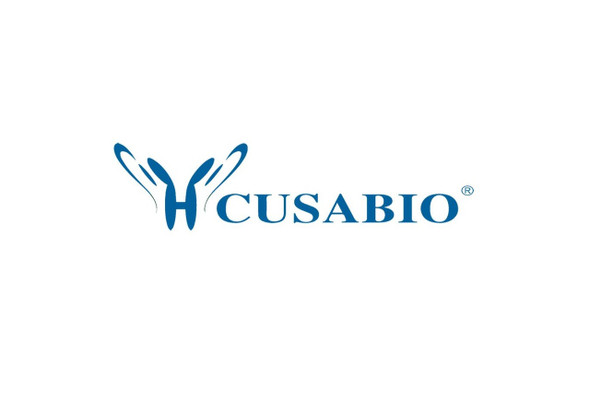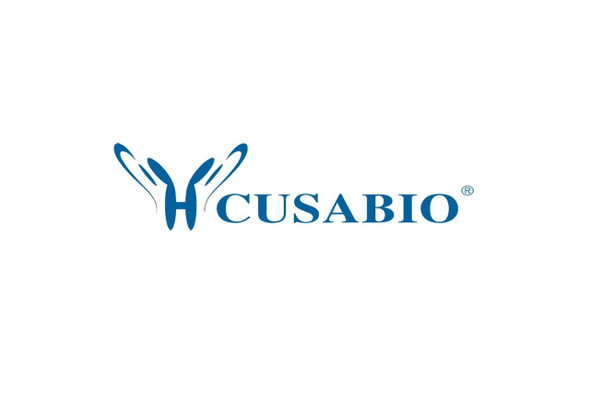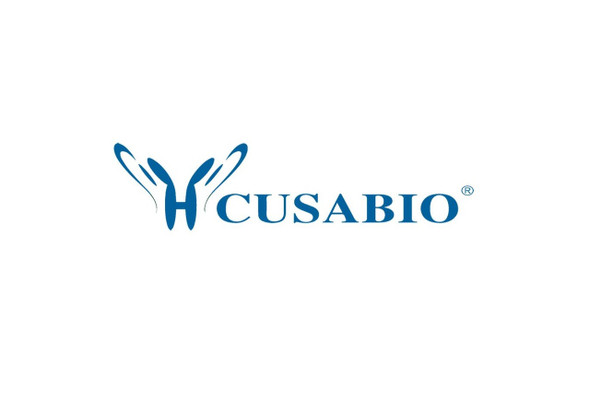Cusabio Human Recombinants
Recombinant Human Programmed cell death protein 10 (PDCD10) | CSB-EP861141HU
- SKU:
- CSB-EP861141HU
- Availability:
- 13 - 23 Working Days
Description
Recombinant Human Programmed cell death protein 10 (PDCD10) | CSB-EP861141HU | Cusabio
Alternative Name(s): Cerebral cavernous malformations 3 protein;TF-1 cell apoptosis-related protein 15
Gene Names: PDCD10
Research Areas: Signal Transduction
Organism: Homo sapiens (Human)
AA Sequence: MRMTMEEMKNEAETTSMVSMPLYAVMYPVFNELERVNLSAAQTLRAAFIKAEKENPGLTQDIIMKILEKKSVEVNFTESLLRMAADDVEEYMIERPEPEFQDLNEKARALKQILSKIPDEINDRVRFLQTIKDIASAIKELLDTVNNVFKKYQYQNRRALEHQKKEFVKYSKSFSDTLKTYFKDGKAINVFVSANRLIHQTNLILQTFKTVA
Source: E.coli
Tag Info: N-terminal 6xHis-SUMO-tagged
Expression Region: 1-212aa
Sequence Info: Full Length
MW: 40.7 kDa
Purity: Greater than 90% as determined by SDS-PAGE.
Relevance: Promotes cell proliferation. Modulates apoptotic pathways. Increases mitogen-activated protein kinase activity and STK26 activity. Important for cell migration, and for normal structure and assbly of the Golgi complex. Important for KDR/VEGFR2 signaling. Increases the stability of KDR/VEGFR2 and prevents its breakdown. Required for normal cardiovascular development. Required for normal angiogenesis, vasculogenesis and hatopoiesis during bryonic development .
Reference: cDNA cloning and expression of an apoptosis-related gene, human TFAR-15 gene.Wang Y.G., Liu H.T., Ma D.L., Zhang Y.M.Sci. China, Ser. C, Life Sci. 42:323-329(1999)
Storage: The shelf life is related to many factors, storage state, buffer ingredients, storage temperature and the stability of the protein itself. Generally, the shelf life of liquid form is 6 months at -20?/-80?. The shelf life of lyophilized form is 12 months at -20?/-80?.
Notes: Repeated freezing and thawing is not recommended. Store working aliquots at 4? for up to one week.
Function: Promotes cell proliferation. Modulates apoptotic pathways. Increases mitogen-activated protein kinase activity and STK26 activity
Involvement in disease: Cerebral cavernous malformations 3 (CCM3)
Subcellular Location: Cytoplasm, Golgi apparatus membrane, Peripheral membrane protein, Cytoplasmic side, Cell membrane, Peripheral membrane protein, Cytoplasmic side
Protein Families: PDCD10 family
Tissue Specificity: Ubiquitous.
Paythway:
Form: Liquid or Lyophilized powder
Buffer: If the delivery form is liquid, the default storage buffer is Tris/PBS-based buffer, 5%-50% glycerol. If the delivery form is lyophilized powder, the buffer before lyophilization is Tris/PBS-based buffer, 6% Trehalose, pH 8.0.
Reconstitution: We recommend that this vial be briefly centrifuged prior to opening to bring the contents to the bottom. Please reconstitute protein in deionized sterile water to a concentration of 0.1-1.0 mg/mL.We recommend to add 5-50% of glycerol (final concentration) and aliquot for long-term storage at -20?/-80?. Our default final concentration of glycerol is 50%. Customers could use it as reference.
Uniprot ID: Q9BUL8
HGNC Database Link: HGNC
UniGene Database Link: UniGene
KEGG Database Link: KEGG
STRING Database Link: STRING
OMIM Database Link: OMIM









